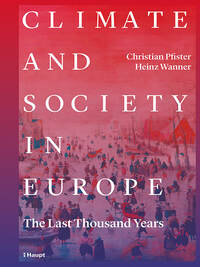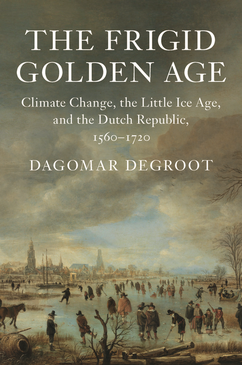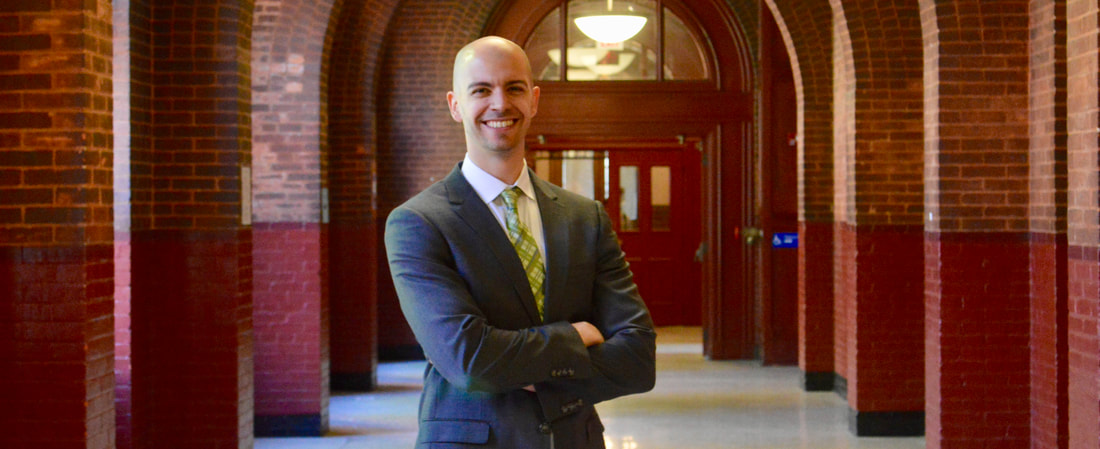A Millennium of Climate Change in Europe: From Medieval Warming to Today's Climate Crisis12/19/2021  In the 22nd episode of Climate History, co-hosts Emma Moesswilde and Dagomar Degroot interview Christian Pfister, co-author (with Heinz Wanner) of a new book: Climate and Society in Europe: The Last Thousand Years. Pfister is one of the founders of the related fields of climate history and historical climatology. He explains how he helped establish these fields, how they benefit from genuine collaboration between disciplines, and what they may be revealing about today's climate crisis. He also describes the most important themes in the last millennium of climate change in Europe - and why it is so important that scholars introduce their methods, models, and sources to a broad audience. To listen to this episode, click here to subscribe to our podcast on iTunes. If you don't have iTunes, you can still listen by following us on SoundCloud or Spotify.
165 Comments
In the 19th episode of Climate History, co-hosts Dagomar Degroot and Emma Moesswilde discuss their work on a major article in the journal Nature. The article coins a new term – the “History of Climate and Society” (HCS) – to refer to the truly interdisciplinary study of the past impacts of climate change on human populations. It offers a detailed critique of the field as it has been pursued to date, presents a new research framework for HCS scholars, and shows how the application of that framework can permit new scholarship into the resilience and adaptability of populations that faced the modest, pre-industrial climate changes of the past 2,000 years. It also identifies five “pathways” that allowed populations to endure and even exploit these changes - pathways from which we might learn today.
Dagomar Degroot, lead author of the study, explains how he assembled the team responsible for the article, and details the article's most important findings about the past. He describes how HCS studies can move forward from here - and reveals what this scholarship can tell us about our future on a warming planet. To listen to this episode, click here to subscribe to our podcast on iTunes. If you don't have iTunes, you can still listen by following us on SoundCloud or Spotify. A Conversation with Dr. Dagomar Degroot: Societal Resilience and Adaptation in the Little Ice Age6/15/2018  In the eighth episode of the Climate History Podcast, PhD candidate Robynne Mellor (Georgetown University) interviews Dr. Dagomar Degroot, director of HistoricalClimatology.com, about his new book: The Frigid Golden Age: Climate Change, the Little Ice Age, and the Dutch Republic, 1560-1720. Dr. Degroot is an assistant professor of environmental history at Georgetown University, where his research focuses on societal resilience and adaptation to abrupt climate change; conflict and climatic trends, particularly in the pre-industrial Arctic; and the environmental history of outer space. His next book, Civilization and the Cosmos, under contract with Harvard University Press and Viking UK (a division of Penguin Random House), will trace how dramatic environmental changes across the solar system influenced human history. At Georgetown, he teaches courses on a range of interdisciplinary topics, from the history of Mars in science and culture to the present-day Anthropocene. He is also the co-director of the Climate History Network, the director of the Climate Tipping Points Project, and the usual host of the Climate History Podcast.  In this episode, Mellor and Degroot discuss how the Dutch thrived in the Little Ice Age; the limitations of histories that focus exclusively on disaster stories; the challenges of interdisciplinary work; the keys to getting a job in environmental history; and the culture shock of moving from Canadian to American academia. To listen to this episode, click here to subscribe to our podcast on iTunes. If you don't have iTunes, you can still listen by clicking here. |
Archives
December 2021
Categories
All
|


 RSS Feed
RSS Feed